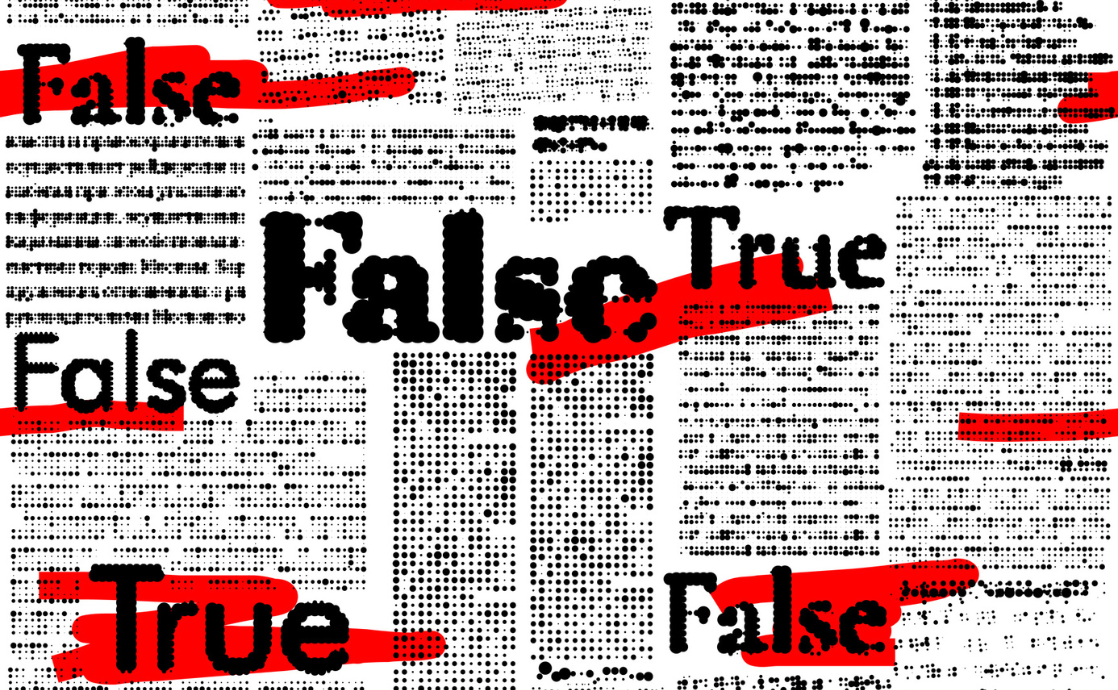In an era where misinformation proliferates through social media platforms and digital forums, one poses a question that provokes reflection: could there be spiritual benefits to navigating through such a tumultuous sea of disinformation? This inquiry invites exploration into a nuanced understanding of the Baha’i teachings and their potential implications for individuals grappling with the chaos of misleading narratives. What is, after all, the position of spiritual seekers amidst this barrage of conflicting information?
At first glance, the conundrum of misinformation appears detrimental, sowing discord and confusion within societies. Nevertheless, Baha’i teachings offer a profound perspective—that adversity can be a conduit for growth, understanding, and spiritual ascendance. This article aims to elucidate the multifaceted spiritual benefits derived from engaging with misinformation in a Baha’i context, grounded in concepts such as unity, learning, and discernment.
The Baha’i Faith emphasizes the oneness of humanity, positing that all individuals, irrespective of their beliefs or backgrounds, are part of a singular human family. In this light, misinformation can serve to highlight divisions and foster tribal mentalities. However, it creates a crucial juncture where individuals are compelled to engage in dialogue, seek understanding, and promote unity. Adversity acts as a catalyst that can spur people to explore and articulate their beliefs, ultimately working towards greater communal harmony.
One cannot overlook the inherent challenge stemming from misinformation—a challenge that demands discernment and critical engagement. Baha’is are encouraged to develop their intellectual capacities and utilize reason as a guiding tool. This intellectual engagement can lead to enhanced critical thinking and the ability to analyze various sources of information. The practice of questioning one’s assumptions and the courage to confront uncomfortable truths serve to deepen one’s understanding and commitment to spiritual principles.
Furthermore, encountering misinformation can serve as a prompt for personal reflection and moral fortitude. Engaging with viewpoints that differ from one’s own compels individuals to assess their beliefs and the rationale underpinning them. As Baha’is endeavor to cultivate attributes such as compassion and empathy, confronting vastly different perspectives fosters a more profound understanding of others’ experiences and backgrounds. In this way, misinformation can be reframed as a vehicle for cultivating virtues, prompting an expansion of one’s worldview while simultaneously reinforcing one’s principles.
Additionally, misinformation can serve as a momentary distraction from the spiritual quest, allowing individuals to confront their distractions, attachment to prevailing narratives, and biases. The Baha’i teachings emphasize the importance of detachment from the material world. By recognizing and confronting the allure of sensationalism and falsehood, individuals can strengthen their capacity for spiritual discernment. The experience of navigating through misleading narratives can reinforce the imperative of seeking truth, thereby sharpening one’s spiritual faculties.
Moreover, the communal aspect inherent in the Baha’i teachings transcends individual experience. In a society riddled with misinformation, collective efforts to discern truth can foster collaboration and solidarity. Engaging in open dialogues about misinformation—its origins, its impact, and ways to combat it—brings communities together. This not only promotes active participation but also encourages individuals to contribute positively to societal well-being while disseminating knowledge and fostering unity.
However, it is crucial to underscore the ethical obligations that accompany the pursuit of truth in a world laden with misinformation. The challenge lies in not merely identifying falsehoods but also embodying the principles of justice and equity. In addressing misinformation, Baha’is are called to advocate for truth in ways that are respectful, compassionate, and constructive. This involves a commitment to non-judgment, as well as a readiness to engage rather than vilify others harboring errant beliefs. Thus, a transformation occurs whereby the navigators of misinformation morph into beacons of enlightenment, illuminating the path toward clarity and understanding.
As one immerses oneself in the intricate dynamics of misinformation, the spiritual journey inevitably intertwines with the quest for knowledge and understanding. The Baha’i perspective posits that every experience, including navigating misinformation, is interwoven with opportunities for spiritual development. It encourages individuals to confront challenges, cultivate discernment, and engage in meaningful discourse—a transformative process that reinforces the essence of unity and oneness. Through this lens, misinformation can be reframed not simply as a hindrance, but as a multifaceted opportunity for growth, engagement, and deeper spiritual awakening.
In conclusion, while misinformation serves as a formidable obstacle in modern society, the Baha’i teachings lend insight on how one can derive spiritual benefits from the chaotic landscape of conflicting narratives. The journey from confusion to clarity embodies the essence of spiritual growth. Through the virtues of discernment, compassion, and unity, individuals can navigate the complexities of misinformation and emerge enriched, enlightened, and compelled to contribute to a more just and harmonious world.
